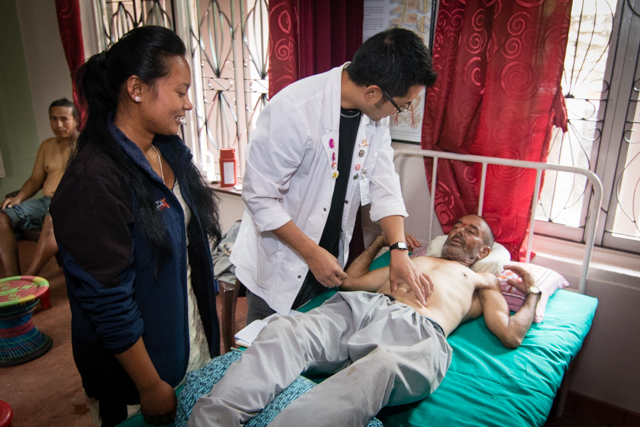
Today's topic: Death! (the author does not pick blog topics; the blog topics choose him)
I began thinking about this after hearing that one of our ARP staff members, Tsering, had to step in to help a family who didn't know about Sherpa (an ethnic group here in Nepal) burial rights, help bury their father who had passed recently. The deceased was somewhat estranged from his family and living in Kathmandu, and when he passed, his daughters were at a loss at what to do for a proper burial. Luckily, Tsering and his wife were around and able to help the family, in the middle of the night, with proper burial rights.
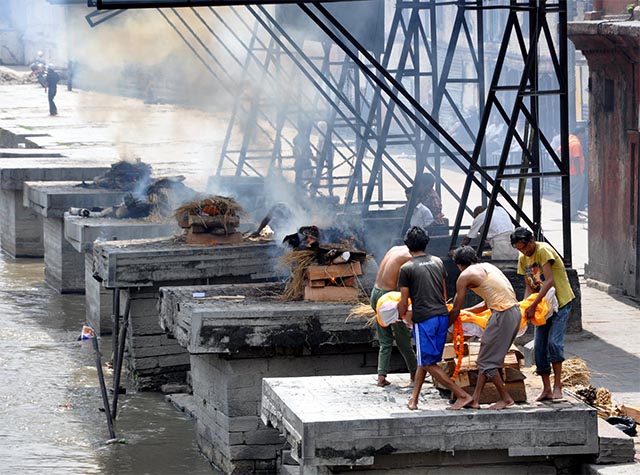
I have heard from regulars that have worked with ARP multiple times that as a country, Nepal's citizens are, in a way, unconcerned with death. I didn’t understand it at the time until visiting one of many temple locations in Kathmandu, at Pashupatinath, where cremation ceremonies can be observed 24 hours a day. When the time comes, family members carry the dead body down to stone platforms that are located on the river that runs through the temple grounds. They help wash the feet of the deceased and will stay and watch the deceased body slowly turn to ash as a cremation specialist dressed in white tends to the pyre and manages the several hour long process. Upon completion, the mixture of human and wood ashes are pushed into the river to be swept away in a poetic, and likely practical, end to the hours long process. With the physical body now just ashes, depending on the deceased’s particular religion, the person's karma through their life is assessed and that determines their next reincarnation. Physical breakdown of the body done, the family continue observance for the next few weeks and up to a year.
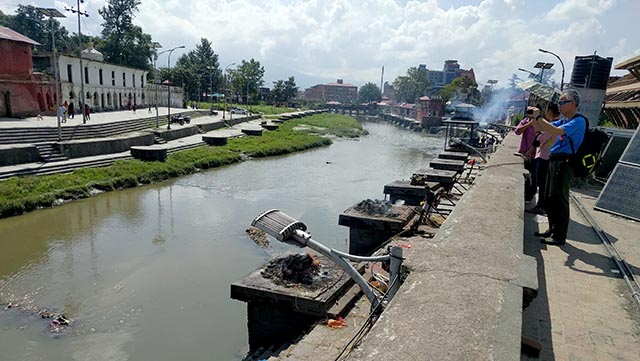
Death is a strange thing to observe; if you’ve had the unenviable task of observing a close family member passing, the moment of death crushes the soul and leaves you a husk of your normal self as you begin processing the present and the future without this person. Even now, when I see or hear about people dying it definitely gets my mind spinning and thinking about the family and what they must be going through. Two poignant moments come to mind during my stay in Nepal.
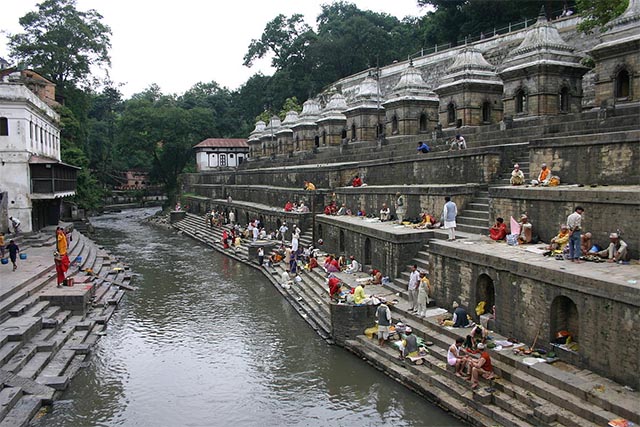
Early on, soon after arriving at camp, it was the end of a clinic day and I was asked if I could help with a severely dehydrated patient at the health-post next door. I show up and a delirious woman lays there, sweating profusely, apparently not able to keep down water. I am asked if I could take a shot at putting in an IV. Reality check: aside from putting in an IV for lab rats in college I am in NO way qualified to do this. I try anyway and of course fail where even the experienced health post nurses couldn’t find the minute veins in this exhausted and dried out patient. I observe her husband and the health post staff discuss what they should do. Against their suggestions, the husband thinks going 3 hours back to kathmandu to the major hospital is better than going to the larger healthpost the next town over. She doesn’t make it and dies in transit.
Later on in the camp, I find out one of my regular patients had passed. The 82 year old patient had passed over Dosain, a national holiday of Nepal. She’d been coming to the ARP clinic since last season. She was a bit of a firecracker even at her old age; wasn't compliant, had uncontrolled diabetes, and walked with the help of a crutch due to a stroke she had years earlier. Oh, and apparently she occasionally took swipes at practitioners when she didn't like what they were telling her. She always came in complaining about arm pain, wasn't particularly interested in answering questions, but still, I liked her quite a bit and thought she was quite sweet old lady. Oh and she never took a swing at me. Ritesh, our head interpreter, said that Dosain is a time when many people pass on.
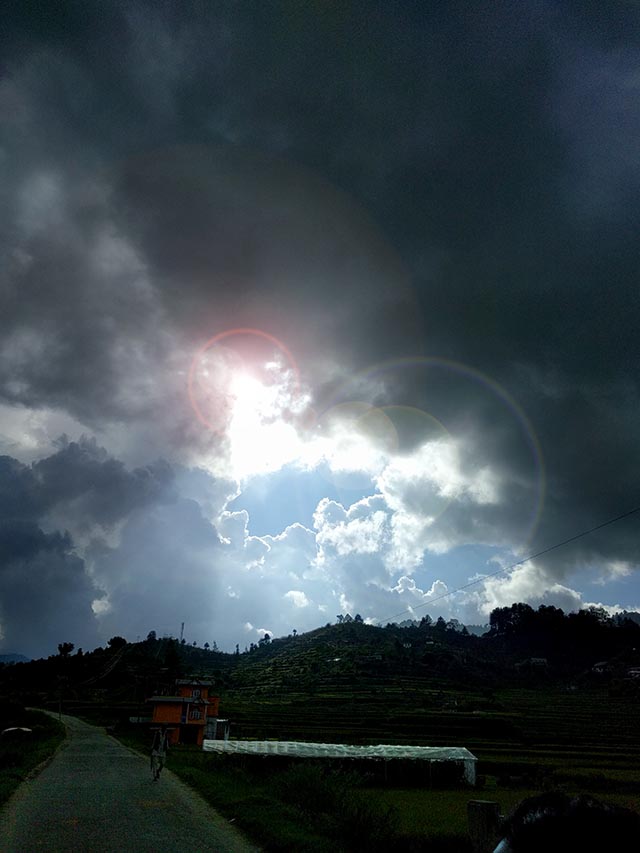
I find rituals around death particularly interesting; I believe they're another cultural fingerprint, along with food, language, etc. The degree to which death is handled in a more personal and hands-on way has me re-evaluating how I want to my body handled when I go. Nepal has reminded me of the frailty and beauty of life; that life can be short, unpredictable and that family is important. Use time wisely, spare it on people/places/things that interest you, protect it from things that don't.
On that note, see you next tale. -- Jeff Chiu











